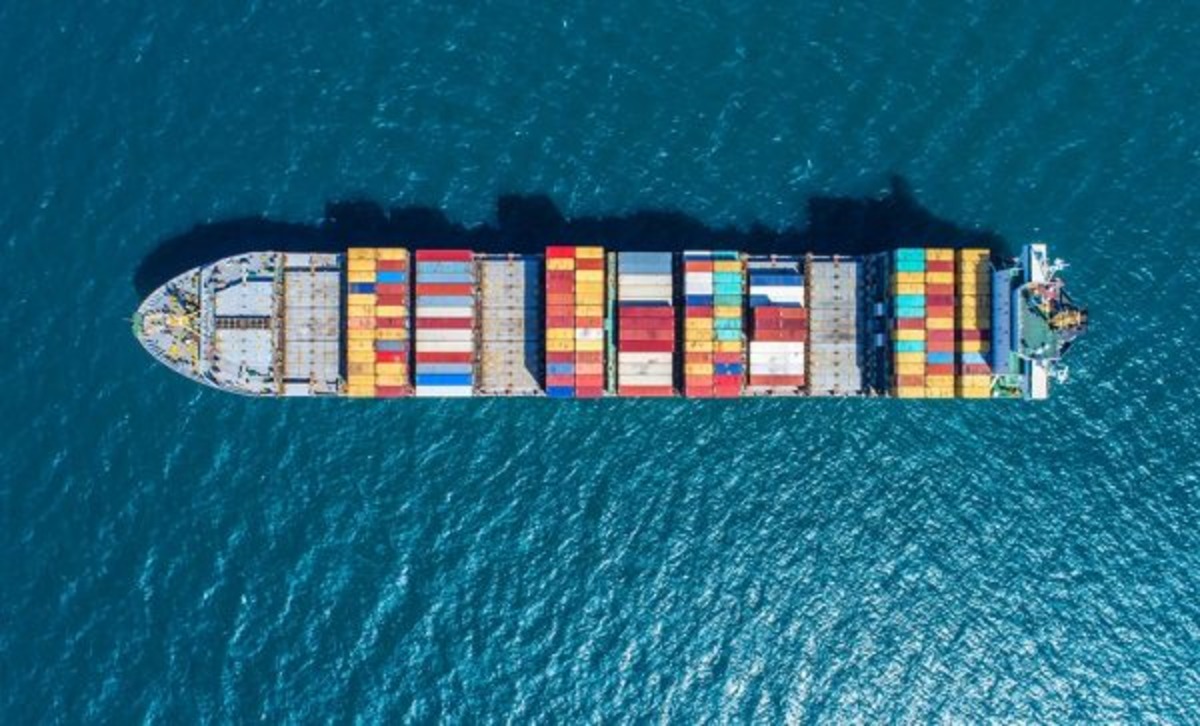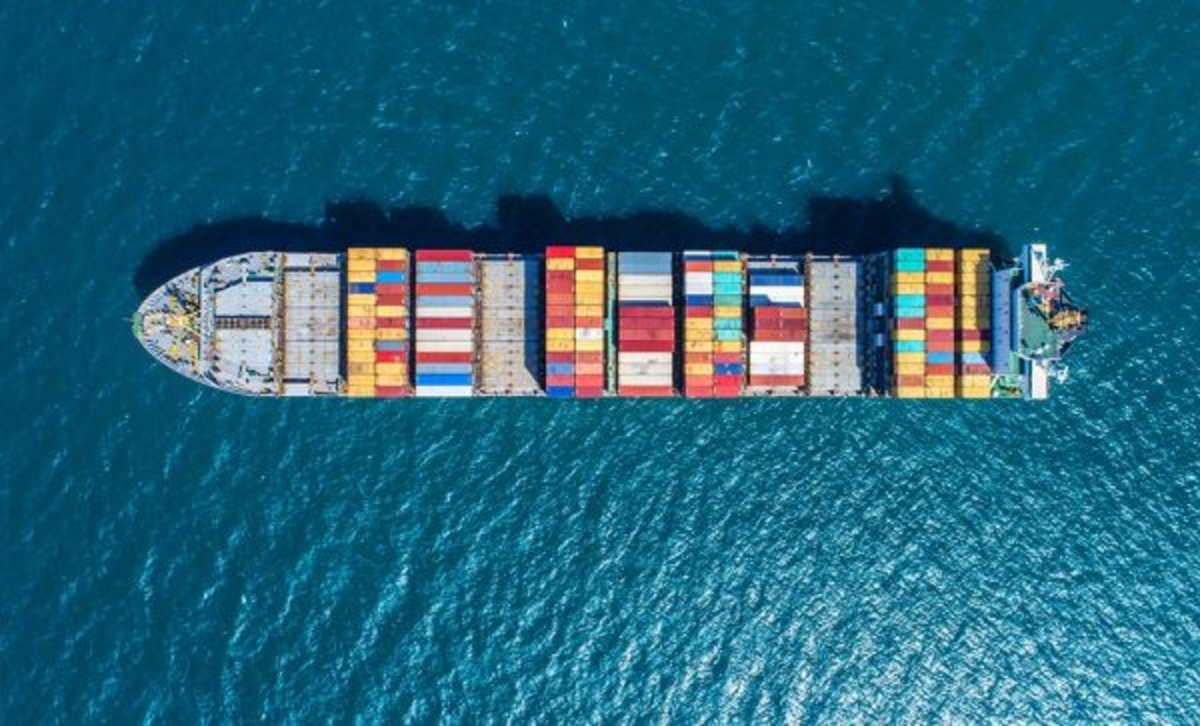Braemar Shipping hikes dividend as profit set to double
Shares in Braemar Shipping rose this morning after the shipping consultant hiked dividends and said it was on track to meet a previously stated objective of doubling full-year profit from 2021. Investors in the London-listed firm can expect an interim dividend of 4.5p per share, a 13 per cent increase year-on-year. It came as operating [...]


Shares in Braemar Shipping rose this morning after the shipping consultant hiked dividends and said it was on track to meet a previously stated objective of doubling full-year profit from 2021.
Investors in the London-listed firm can expect an interim dividend of 4.5p per share, a 13 per cent increase year-on-year.
It came as operating profit rose nine per cent in the six months ending 31 August, to £7.3m. On an underlying basis, revenue stayed broadly level, rising one per cent to £76m.
Braemar Shipping said it was currently set to meet its goal to double underlying operating profit, when compared with 2021’s haul.
Shares rose over three per cent on the announcement.
James Gundy, chief executive, said he was “delighted” with the performance. “Our strategy has been to build a business that can deliver sustainable profits through a more balanced and diversified shipbroking and securities offering, and this is now evident.”
Gundy explained: “The outlook for the shipping industry remains positive with exciting opportunities for further organic and inorganic growth.
“Our growing scale, expertise and infrastructure places Braemar Shipping in a strong position to attract talented individuals and businesses as we continue to successfully execute our growth plans.”
Looking ahead, the group flagged a “strong forward order book” of around £62.7m. Average commissions for its work have also increased due to increased voyage times stemming from geo-political events, such as ongoing shipping attacks in the Red Sea.
“During this period, geo-political events have continued to impact the shipping industry, leading to longer voyage times. These factors are further impacting the available global fleet which has increased average commissions per fixture but resulted in a reduced number of fixtures in the period.”



